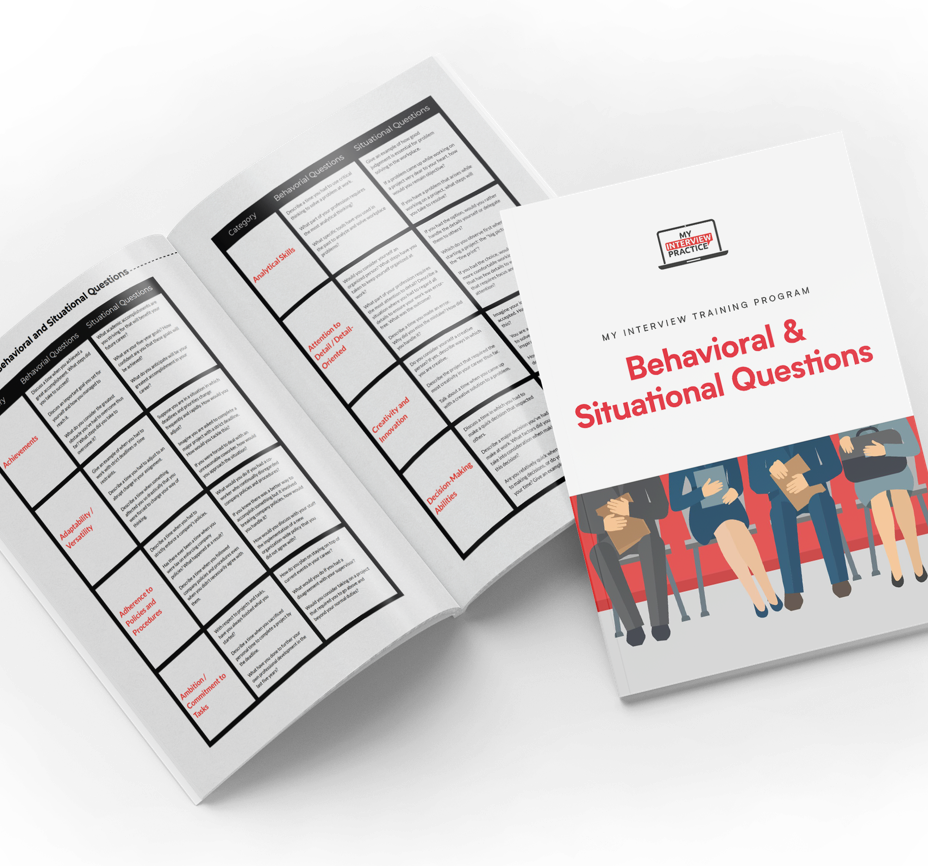Behavioral Interview Questions About Customer Service

Introduction
Every business depends on customers. Customers are the revenue source that enables a company to pay its bills, provide a living to its employees, grow, and prosper. Even non-profit organizations need customers to justify their existence. This is why the customer service team is one of the most critical departments within an organization. However, every employee who interacts with clients can help the organization prosper by:
- Setting Expectations
- Resolving Issues
- Satisfying the Client’s Requirements
- Delivering an Exceptional Customer Experience
Regardless of your role in an organization, every interview will likely include questions about how you interact with and relate to customers.
This article will help you get ready for behavioral questions that address your ability to work with an organization’s clients and provide them with a positive experience. Knowing how to correctly respond to this type of question will demonstrate your ability to help a company attract and keep customers and convince the interviewer you are the right candidate for the job.
Behavioral Questions
Questions about your ability to react to challenging customer service situations are a specific type of behavioral questions. Behavioral questions explore how you handled situations in past positions and indicate what you will do when faced with similar challenges in the future. You can identify behavioral questions when the interviewer starts the question with something like, “Tell me about a time …” or “What steps did you take …”
Questions About Customer Relationships
The best way hiring managers can learn about your ability to work with customers is to ask you questions about your previous experiences. These questions require you to create a story and relate it in an organized and clear fashion. Interviewers will note the methods you used to interact with clients, how effective they were, and what results you achieved. They hope to learn that you are comfortable interfacing with customers and able to do what it takes to attract new clients and help retain the ones already doing business with the company.
Our Technical Questions training guide teaches you how to answer in a way that will set you apart from the other candidates.
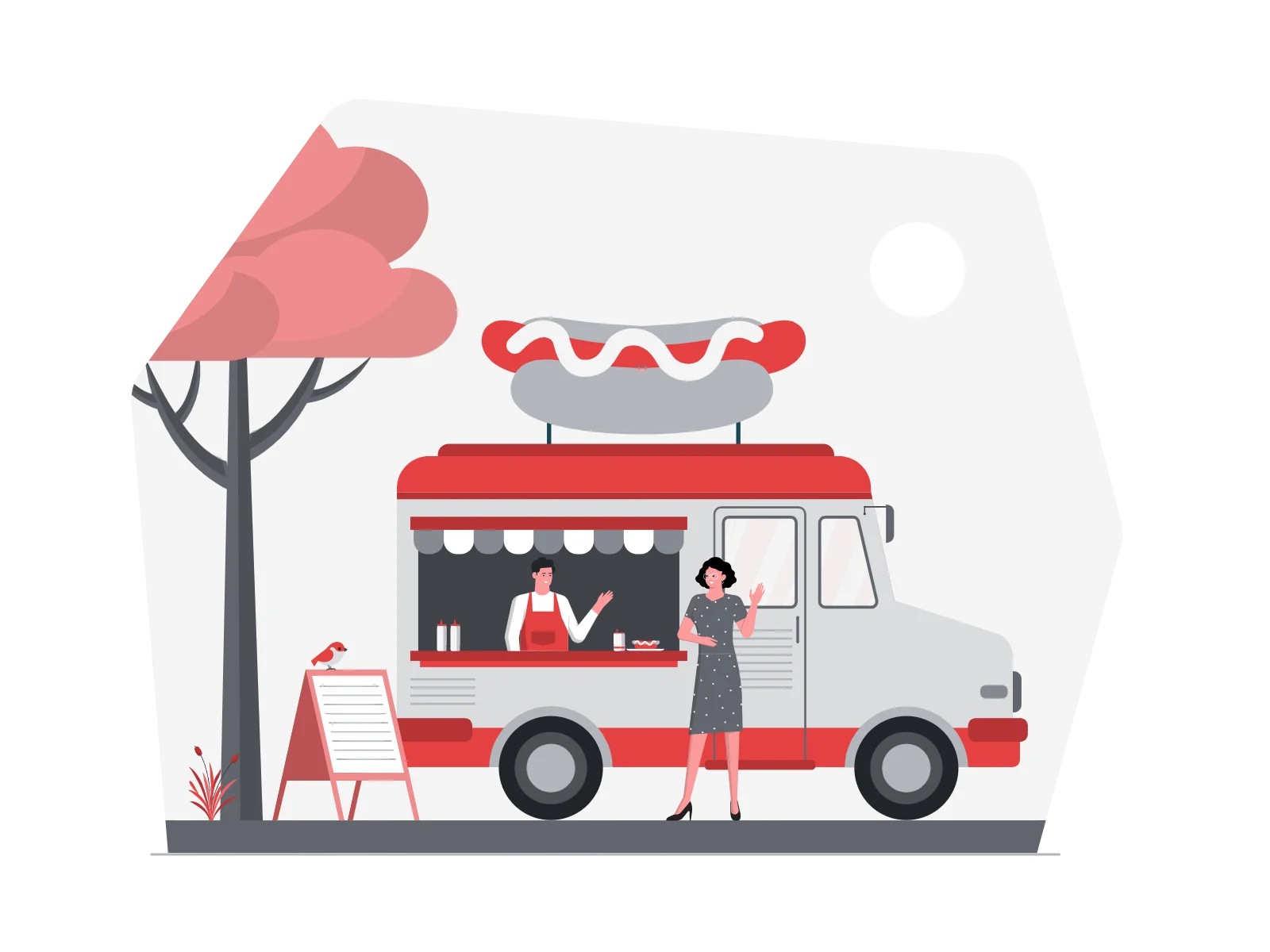
How to Answer Customer Relationship Questions
Individuals who are interviewing for a sales or customer service role find it easy to discuss how they interact with clients since this is something they have been trained for and have experience doing. However, if your main role is not customer-related but you occasionally interface with clients, you may find this difficult. It is easier to discuss your background and the key points described in your resume. However, if you anticipate behavioral questions about customer relationships and are prepared to answer them, you will find it easy to respond to these questions during an interview.
Customer relationship-related behavioral questions can best be responded to using the STAR format. This helps you organize your response by creating a story related to the question.
The STAR format uses the following framework:
Situation – Briefly describe a situation related to the question. Ensure the situation you use is connected to a time when you interacted with a customer and had a positive outcome.
Task – Summarize the task or goal you needed to achieve. Describe how you were attentive to the customer’s needs or issues and had a plan to satisfy them.
Action – Talk about the actions you took to accomplish the task or goal. Focus on the steps you took to address a client’s requirements or resolve an issue they had.
Results – Discuss the results you achieved and the impact it had on the organization. Illustrate how your ability to work with customers contributed to a new client relationship or helped maintain an existing one.
When preparing for an interview, you should anticipate this type of question and have your STAR stories ready. The stories you relate should be relevant to the position for which you are interviewing so they resonate with the hiring manager. Preparing your stories in advance and rehearsing them before the interview will give you confidence. It will also enable you to respond to the interviewer’s questions by providing compelling stories and communicating them clearly and expertly.
Customer Relationship-Based Behavioral Questions
Here are some examples of customer relationship-based behavioral questions you can anticipate during an interview, the rationale behind them, and an example of how you can respond to them.
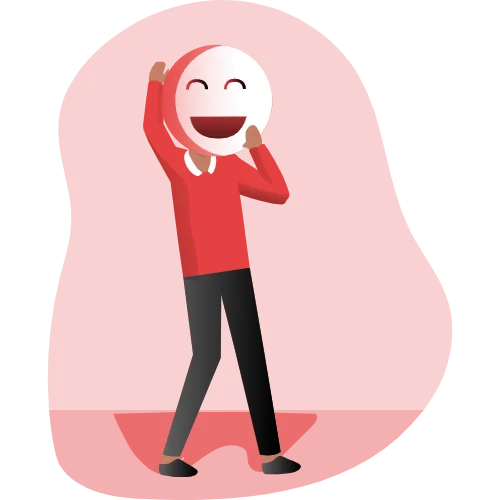
Question: Tell me about a time when you were able to turn an unhappy customer into one who was satisfied and continued to do business with the company.
Explanation: It is estimated that acquiring a new customer is five times more expensive than retaining an existing one. Companies look to hire individuals who can help them retain customers by resolving issues and meeting customer demands. Having a compelling story of when you did this in one of your previous roles will go a long way toward convincing the hiring manager that you are the right person for the job. Make sure to use the STAR format when relating your story.
Example: “Every organization I have worked for has been focused on customer service. I have been trained to do everything I can to retain existing customers. (Situation) An example of this was when one of the clients of my former organization did not receive the products they had ordered on time. This resulted in them missing a deadline and being in jeopardy of losing one of their clients. (Task) My challenge was to resolve the situation and help our customer retain their client. (Action) The first thing I did was take responsibility for the product not arriving on time without offering an excuse. I then discussed what my customer needed to do to resolve the situation with their client. We both got on the phone with their client where I again took responsibility for the delayed shipment. We explained that since my customer now had the product they needed, they could satisfy their client’s demand. I offered to refund the shipping charges to both my customer and their client and offered expedited shipping on future orders at no additional charge. (Results) Both my customer and their client were satisfied with the solution. My customer not only continued to do business with our company, but they recommended us to another organization which became a new customer.”
Question: Describe a time when a customer changed the project’s objective after you had already begun to work on it. Were you able to meet their needs?
Explanation: It is not uncommon for a customer to change their mind or place new demands on a supplier in the middle of a project. The key to resolving this situation is how you react. By remaining flexible and meeting the customer’s demands to the best of your ability, you will be able to satisfy their needs and retain them as a customer. This needs to be balanced with the impact the changes have on your company.
Example: “During a recent project I was working on, the customer contacted us with several design changes. Since we had already begun working on the project, they would impact the progress we had already made, delaying delivery of the product and adding costs that were not originally budgeted for the project. I had to negotiate a reasonable response with the customer. I explained the additional cost and time required for the changes and suggested modifications that would still meet their needs but would have a smaller impact on both the schedule and the budget. The customer agreed to this and offered to pay half of the additional costs. The result was we were able to deliver a product which the customer loved on time and only slightly over budget.”
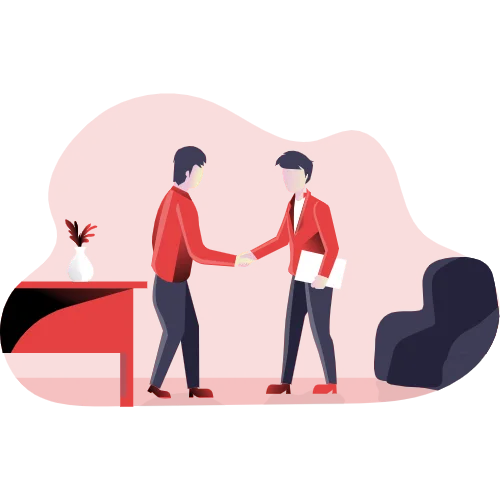
Question: Tell me how you go about building relationships with new customers, and give me an example of a time when this was successful.
Explanation: Building relationships with customers takes both time and talent. Even seasoned sales professionals know that you don’t build client relationships overnight. Being able to describe how you do this and offering an example of when you were successful doing so will demonstrate your qualifications for any job, even if it is not directly client-facing.
Example: “I take great pride in my ability to develop relationships with the clients of the organizations I work for. I do this by first seeking to understand the customer and their needs. I ask many questions to qualify how my organization and I can deliver the products and services they need. I also try to get to know the client on a personal level. I was recently introduced to one of our newer customers and asked to help them resolve a billing issue. I spent some time learning about their business and the individual I was dealing with. This understanding allowed me to quickly resolve the billing issue by modifying the way we invoiced them. I then followed up with the client periodically to ensure the issue had been resolved and the new invoicing system was meeting their needs. Although it’s been over a year since the original issue occurred, I’m still in touch with the client, and we speak frequently speak sometimes not even about business issues.”
Question: Describe how you go about prioritizing each customer’s needs when you’re working with a large number of customers.
Explanation: Working with multiple customers while making them each feel special is a rare talent. Individuals who can do this are highly valued as employees and stand out as strong candidates during an interview. When preparing for an interview, you should create stories that demonstrate all of your customer service skills. These skills should include managing a large number of customers and providing individualized service to each one of them.
Example: “In most of my previous positions, I’ve been assigned to work with multiple clients. This requires me to carefully delegate my time to each one of them so they all feel as though they are the only customer I deal with. I use CRM, e-mail, and video conferencing to manage my client relationships and keep in contact with them. An example of this is when I had to deal with a new customer I was not familiar with. Before getting on a video conference with them, I reviewed their CRM file and made notes of a couple of items on their profile. I also quickly reviewed the most recent e-mail exchanges I had with them to be familiar with the topics we had discussed. During the call, I interjected some of this information into our conversation. I could tell by their facial expressions that this made them feel very special. As a result, they’ve become one of our better clients and have recommended us to many of their associates.”
Question: Have you ever made a decision that resulted in the company losing a customer? Describe what happened and what you learned.
Explanation: Unfortunately, no matter how hard we try, sometimes we’re not able to resolve issues a customer may have. While it’s rare, this sometimes results in the company losing a customer to a competitor. It is uncomfortable discussing situations like this during an interview. The best way to handle it is to describe the situation, take responsibility for it, and then talk about the lesson you learned from the experience and how this will prevent it from recurring in the future.
Example: “I once made a decision which unfortunately resulted in my company losing a customer. While at the time I thought I was doing the right thing, in hindsight, I realize that had I acted differently, the company would not have lost the customer. After the customer went to one of our competitors, I met with my manager, and we discussed what alternative steps I could’ve taken and how this would have changed the situation. I also signed up for a negotiation class which taught me how to create win-win situations. As a result, I feel better prepared and confident that if a similar situation occurs in the future, I will be able to handle it.”
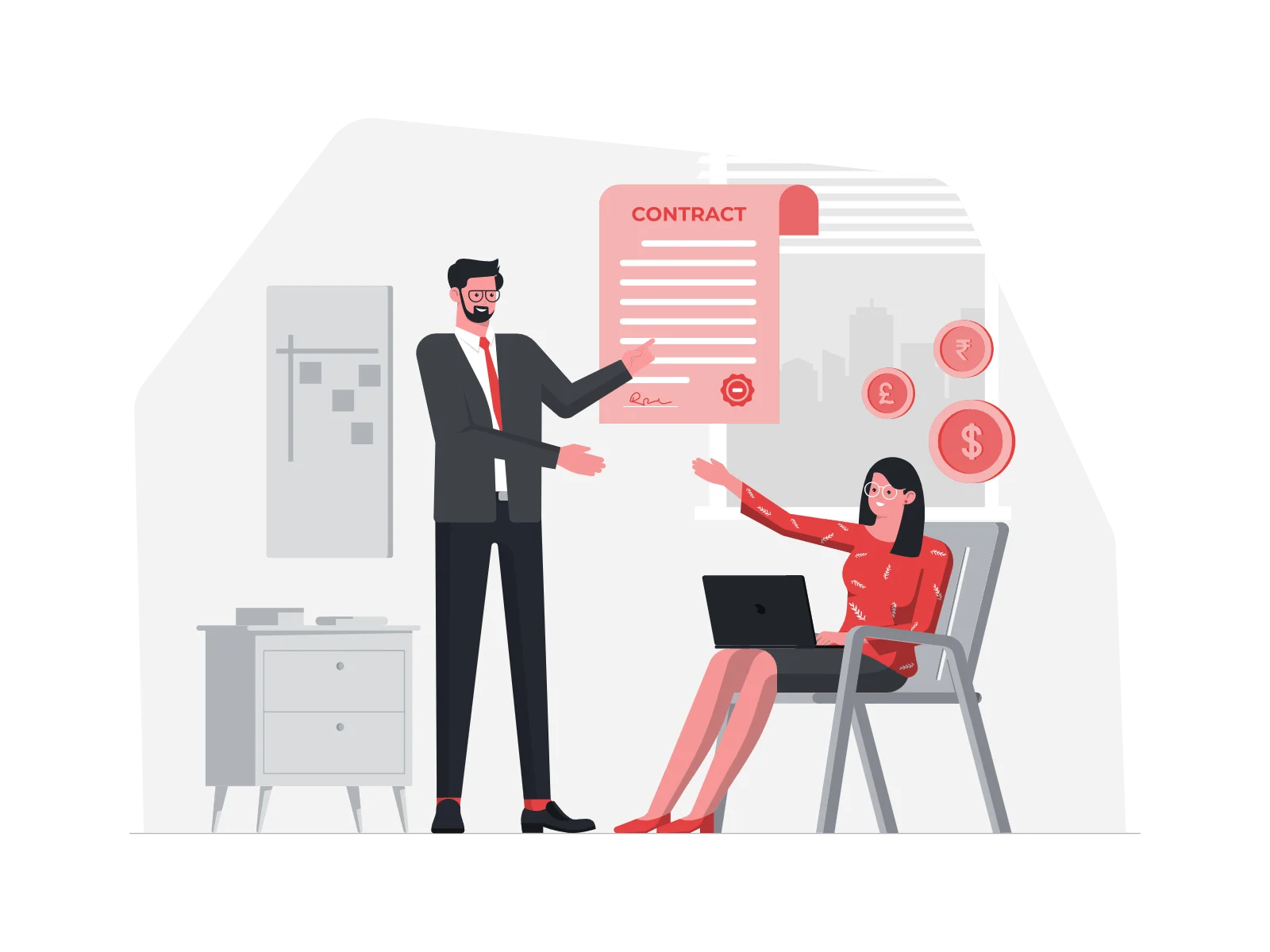
Additional Customer Relationship Questions
Talk about a time you didn’t clearly understand a customer’s request and the steps you took to clarify things.
Have you ever risked your job to defend a customer? If so, what happened?
Give me an example of when you had to deal with an angry customer. What did you do, and what was the result?
Can you describe a situation when a frustrated customer complained about a widely known problem with the company’s product? How did you resolve this?
Assuming you have had to take over responsibility for a customer, describe how you established a relationship with them.
Give me an example of a situation when you went beyond expectations to ensure a customer received the best possible service from your organization.
Please describe the most difficult customer you have had to deal with and how you handled it.
What has been the most common feedback on your customer service skills from your manager, and how did you react to this?
Can you relate a situation when you knew a customer would not get what they needed on time? How did you handle this?
Talk to me about a time when you had to say no to a customer because what they were asking for was against company policy.
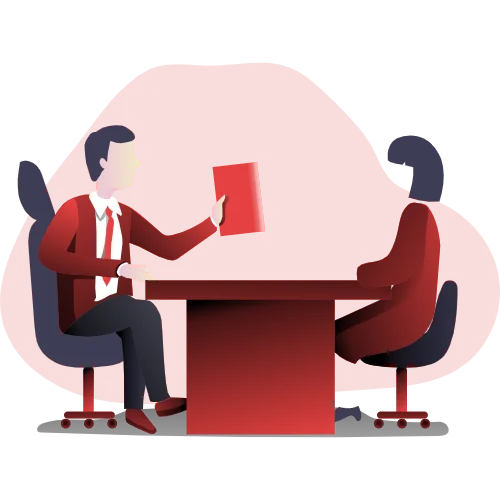
The key to nailing your interview – practice, practice, practice.
As with anything, practice makes perfect. The most common ways to practice are with in-person mock interviews or a list of questions. While these options are a great place to start, they can leave a lot to be desired.
Practicing with In-Person Mock Interviews and Question Lists
One way to get valuable interview practice is to set up in-person mock interviews. Unfortunately, they can be somewhat inconvenient. You have to find someone to conduct the mock interview, and schedule a meeting every time you want to practice.
Question lists offer a much more convenient way to practice interviewing. Unfortunately, they do little to recreate actual interview pressure. In a real interview you’ll never know what’s going to be asked and this is exactly what can make interviews so stressful.
Interview Simulators – The best of both worlds.
With interview simulators, you can take realistic mock interviews on your own, from anywhere.
My Interview Practice offers a simulator that generates unique questions each time you practice, so you’ll never see what’s coming. There are questions for over 120 job titles, and each question is curated by actual industry professionals. You can take as many interviews as you need to, in order to build confidence.
| List of Questions |
In-Person Mock Interview |
My Interview Practice Simulator |
|
|---|---|---|---|
| Questions Unknown Like Real Interviews | |||
| Curated Questions Chosen Just for You | |||
| No Research Required | |||
| Share Your Practice Interview | |||
| Do It Yourself | |||
| Go At Your Own Pace | |||
| Approachable |
Our interview simulator uses video to record your responses, and recreates the pressure you would feel in a real interview. This also allows your to see how you perform and perfect your responses. You can then share your responses with colleagues and mentors so that you can get valuable feedback.
The better way to practice interviewing.
Simulate realistic interviews for over 120 job different titles, with curated questions from real employers.
Learn More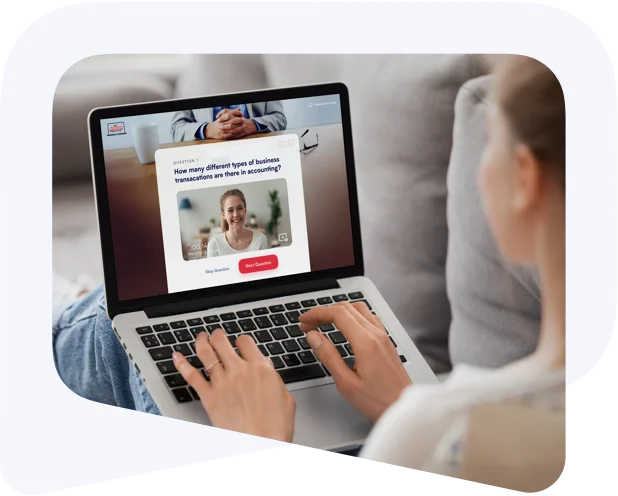
Get the free training guide.
See the most common questions in every category assessed by employers and be ready for anything.
Get the Guide

